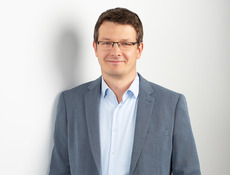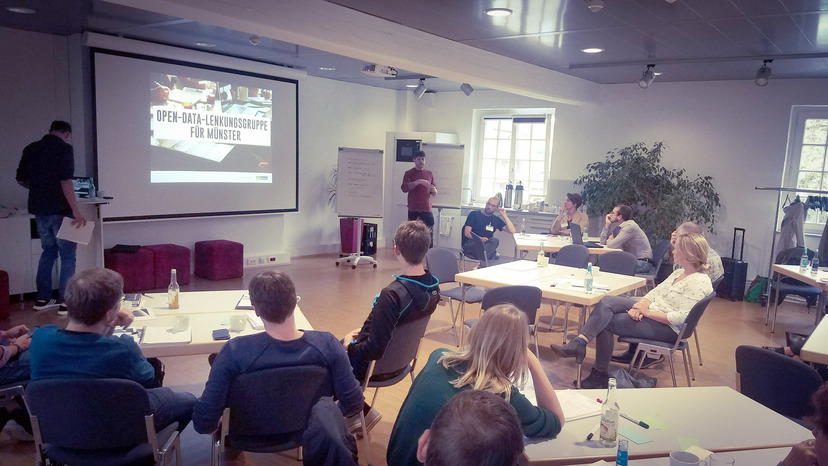In many communities, the approach taken to open data has been strictly supply-driven. Public administrators make those datasets available that the community’s various departments feel are suitable for publication and whose preparation requires as little time and effort as possible.
A demand-driven perspective has often been lacking in the area of open data. Which local-level data is the public really interested in? Communities which have been addressing the topic of open data for years are often in contact with developers who volunteer their time to create applications based on publicly available data. Hackathons, for example, make it possible for public administrators to interact with tech-savvy members of civil society. One group, however, has been neglected in these demand-driven efforts: nonprofit organizations.
On September 5, the Smart Country project partnered with the city of Münster (Thomas Werner, citeq) to organize a workshop for nonprofits located in or near the city. The goal of the workshop was to identify which open data would be useful for the organizations’ work. The participants were mostly representatives of local charitable organizations, such as Arbeiter-Samariter-Bund, Lebenshilfe, and Bürgernetz e.V., as well as municipal employees, including those working with statistics and data.
![[Translate to English:] Blick auf den gut gefüllten Workshop-Raum. Circa 25 Teilnehmer sitzen an Gruppentischen und Mario Wiedemann moderiert.](/fileadmin/files/_processed_/b/c/csm_OpenDataWorkshop3_ST-LK_Original_87899_9bfffcb6e8.jpg)





